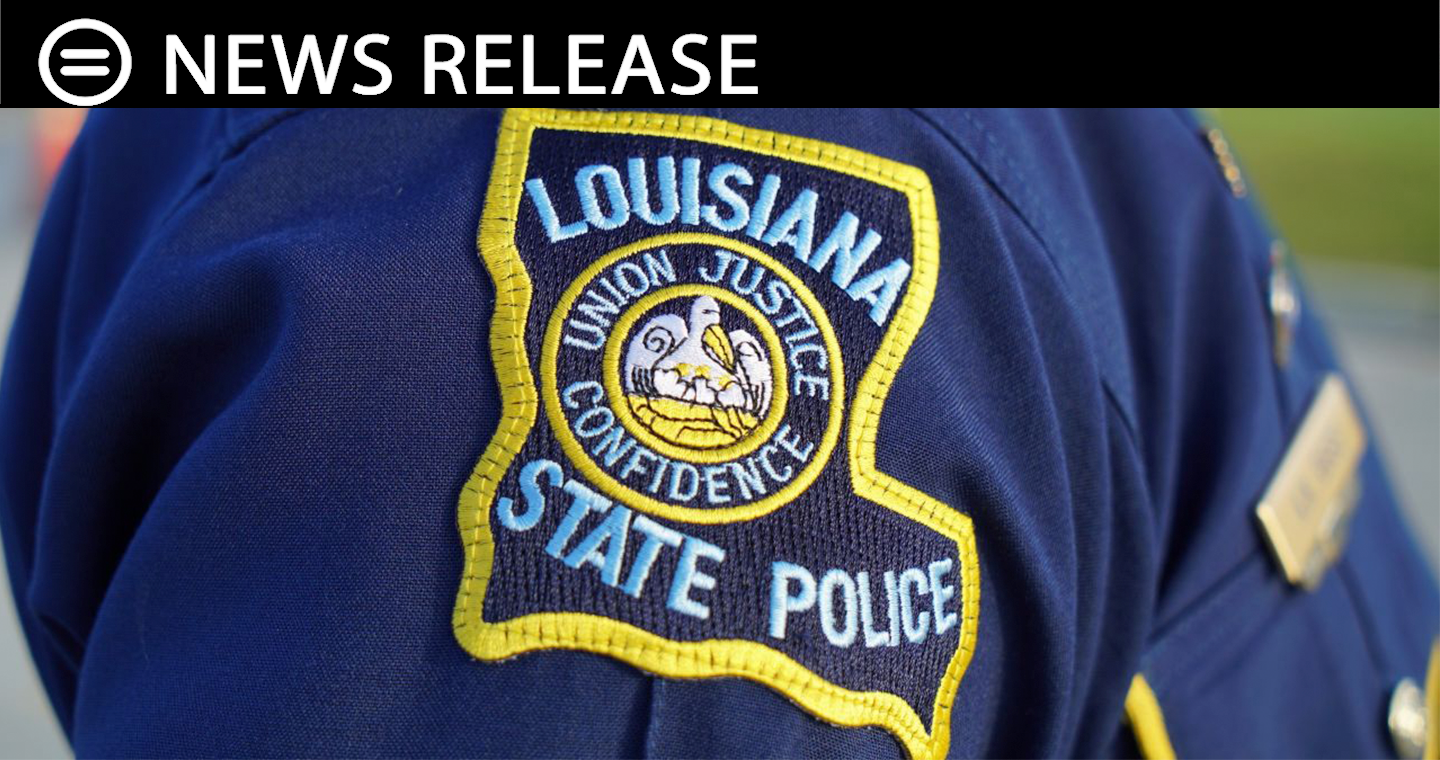U.S. Department of Justice Responds "Yes" to Urban League Request for Probe of Louisiana State Police

NEW YORK and NEW ORLEANS (June 9, 2022) – The U.S. Department of Justice investigation of racial discrimination and excessive force by the Louisiana State Police is a long-awaited first step toward restoring trust between law enforcement and the communities they serve, national and local Urban League leaders said today.
“There is a long history of discriminatory actions, policies and practices by law enforcement in this state, including the case of Ronald Greene, who was killed at the hands of Louisiana State Police on May 10, 2019,” Louisiana Urban League President and CEO Judy Reese Morse said. “While we understand the criminal investigation into the death of Mr. Greene is ongoing, we view this larger federal investigation into the Louisiana State Police as an important and monumental first step towards increasing transparency, accountability and delivering needed reforms.”
Morse, along with National Urban League President and CEO Marc H. Morial, asked U.S. Attorney General Merrick Garland in May of last year to open a “pattern and practice” investigation into the agency’s misuse of force and systemic policy failures causing harm to the community. They further called on Louisiana State Police leadership to take swift corrective action in response to the constitutional violations, misuse of force, inconsistent accounts from officers, deprivation of rights, and clear violations of officer protocols that led to Greene’s tragic death.
“The Urban League movement and the constituencies we serve are all too familiar with the risks to life, safety, and freedom that are caused by a pattern and practice of constitutional violations, deprivation of rights, misuse of force and systemically defective police practices,” Morial said. “At the core of our letters is a plea to hold public systems accountable for the harms they cause and to uproot insidious and deadly practices.
“Accountable institutions are foundational to a just society. They maintain and inspire trust and confidence from the public at large and especially from the communities who are disproportionately harmed when public institutions fail,” Morial said.

